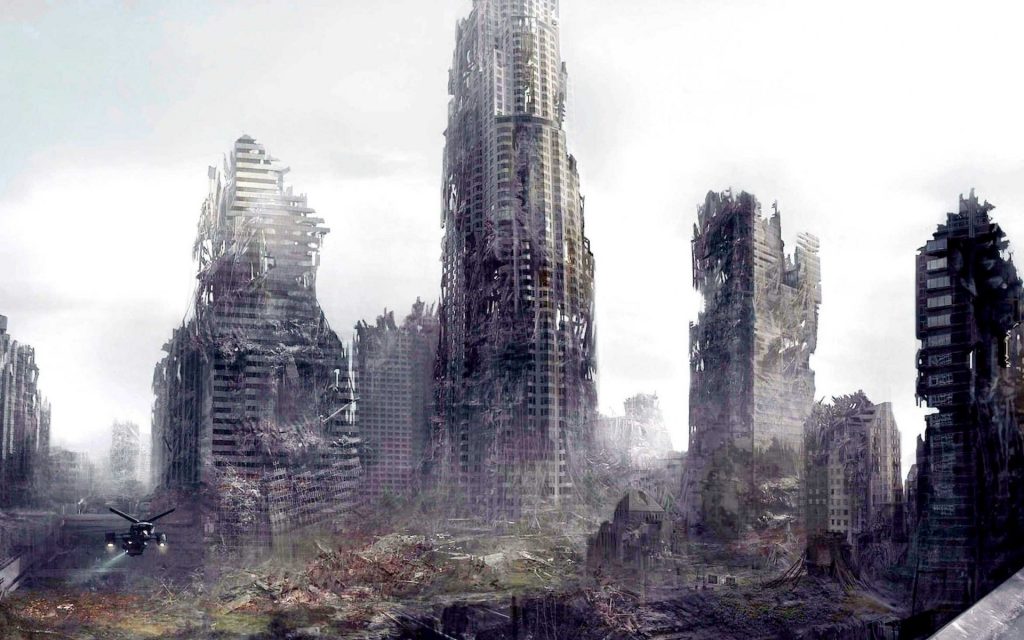20. Journey into the Dream
March 29th 2020, Sunday
Dear Blog,
I am fascinated by dreams lately, probably because I’ve been having very shallow nights of sleep due to my irregular schedule. But if we are going to waste all that time sleeping, we might as well just learn something from them. That means I need to harness the power of REM sleep since most dreams happen in that stage, a phrase that cannot be planned and is heavily influenced by the consumption of alcohol and the regularity of your sleep schedule. It is worth mentioning that even though sleeping 6 hours and 7 hours probably have no major difference for the purpose of recuperating from the day before, REM sleep does get deeper and longer as you are further away into the sleep cycle, meaning that the extra hour you have saved by sleeping less actually consists of mostly REM sleep, meaning it is a full hour of insightful dreaming time that could have brought some meaning into your life but you simply missed it because you want to save time.
During the day our experience is shaped by the sensory input coming from the external world, but when we dream our attention is turned inward. Our thoughts and memories become the active agents in creating our experience.
— A Field Guide to Lucid Dreaming
Through condensation, different elements of the dreamer’s life are woven together, subverting the laws of time and space. A character may have the body of one person but the name of another or appear in some incongruous setting. An acquaintance from elementary school might be hanging out at the office; a lecture you’d expect from a parent might be delivered by a public figure. It’s one of the most disconcerting characteristics of dreams.
— Why We Dream
Dreams give information about the secrets of the inner life and reveal to the dreamer hidden factors of his personality. As long as they are undiscovered, they disturb his waking life and betray themselves only in the form of symptoms.
— Carl Jung, Modern Man in Search of a Soul
Just as the body regulates itself by maintaining a healthy temperature, so the psyche strives for a balance between the conscious and the unconscious.
— Why We Dream

I had a dream when I was in college and it still haunts to this day, not because it was scary, but because it was rather unsettling after I woke up.
In the dream I was flying through a forest, then the forest opened up and revealed a post-apocalyptic skyscraper, very much like the picture above, and I flew to the top floor and landed. It was dark and the ceiling was long gone. The wind blew across the hallway and it was chilly. I walked passed the rooms on the floor, all of which were surprisingly tidy even though completely covered in dust as if the owners simply evaporated without packing their stuff. I remember seeing a study room with a vintage desk lamp made from brass with a green glass cover, art deco style, and there were documents laying on the desk in an organized manner. I walked passed the study room and saw a bedroom, also neatly arranged with pillows on the bed like a hotel, sheets without any wrinkles, but all covered in dust. Then I saw a family sitting around a pile of fire in the center of the floor, with the mother cooking something on the fire and two kids running around in laughter, particularly eerie considering where we were. I was thirsty, so I asked them where I might find water, and the little girl said she would show me where to get it, and the mother agreed. The girl took me to a river, though I don’t remember how we got there. Then it became fuzzy.
This dream haunts me not because there is a story behind it, but because the imagery and the setting seem to suggest something that I do not yet understand. The desk lamp looked like the one I had in the old apartment where I grew up in. What does all of this mean? Am I secretly mourning the loss of my childhood? Is the little girl a version of myself? What was this family doing at the top of this completely abandoned skyscraper? Why weren’t they using any of the rooms? What happened to the owners years ago? Dreams defy logic. When I was in a dream I did not ask any questions at all. I was simply experiencing everything in real-time and observing this reality. But apparently the moment you start to question your reality when you are in a dream and become aware, you will enter lucid dreaming and you will be able to control where the story unfolds. That sounds like something fascinating to explore.
If you were to remember, say, your 10th birthday party or what you did two Saturdays ago, what would those memories be like? They would be sort of like a remembered dream: cloudy images, fuzzy or faint feelings, minor details here and there that stick out. The memory of your 10th birthday party would be nothing compared to the actual experience of your 10th birthday. Just like real-life events, dreams themselves are experiences that have a present moment just like now.
Becoming aware of this present moment is the key to lucid dreaming.
Think of a man in a boat, looking at the surface of the ocean. Below he sees blotches of color and shapes moving in the water and concludes that the objects down there are just that, blotches of color and shapes. Then he puts on some scuba gear and goes for a swim.
As he sinks below the surface of the ocean, an entire world surrounds him. The colors and shapes he once thought were only glimmers are vividly alive and detailed. There are fish, coral, and complex ecosystem that have existed all this time, right under his nose.
If we look at dreams from the outside looking in (only the memory of the dream), we will not grasp the full realness of dreams. To understand what dreaming is, we need to dive into the ocean. We need to experience them as they unfold. This is the heart of lucid dreaming- the present-moment awareness of the dream world.
— A Field Guide to Lucid Dreaming












